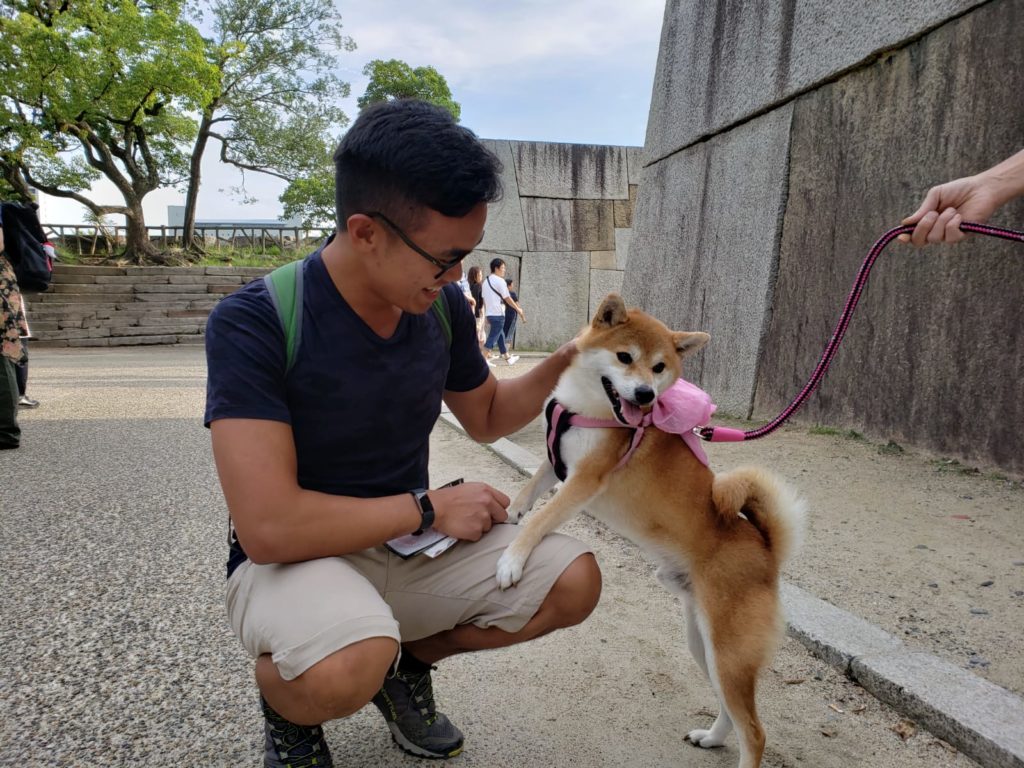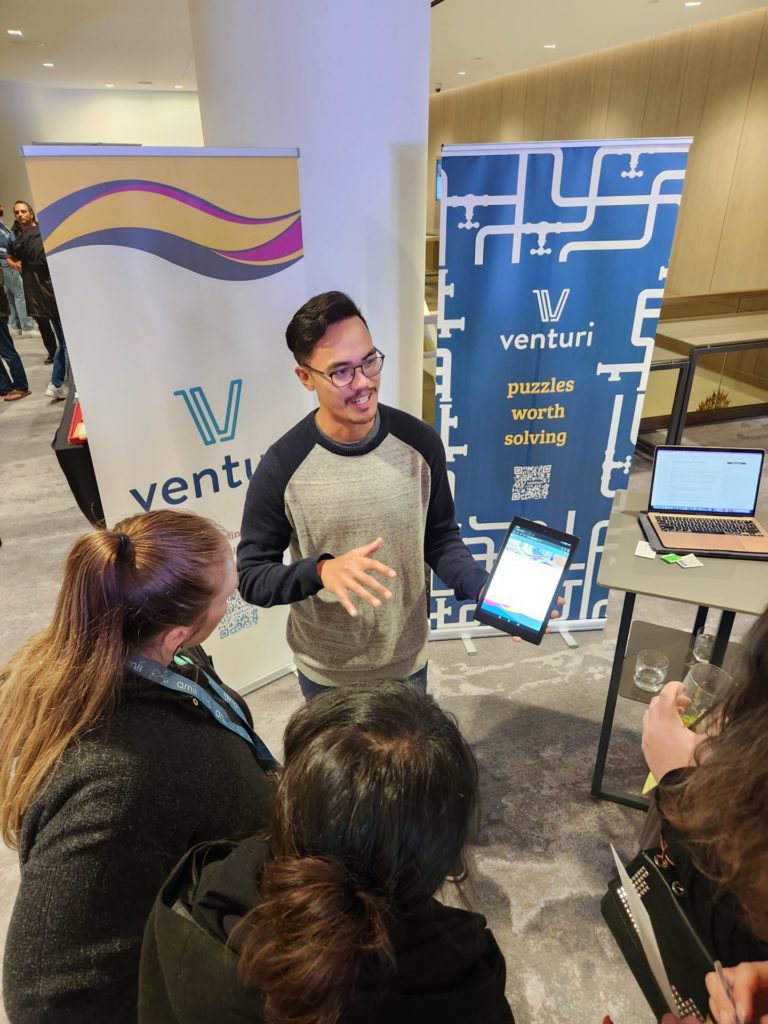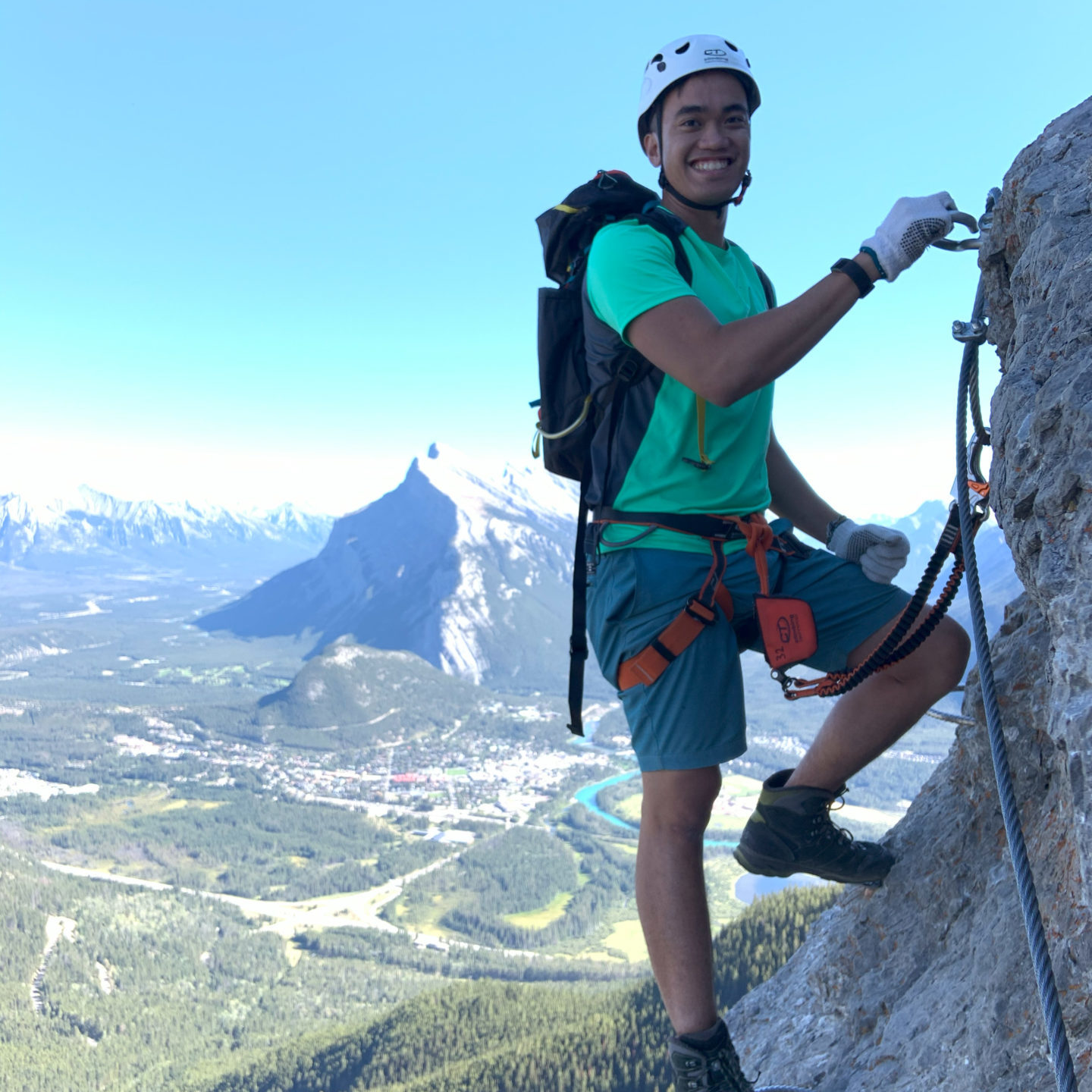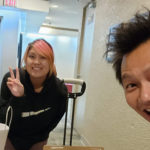One of the most exciting things about working for Venturi is the ability to develop my skills in different ways and to explore different opportunities. I enjoy being able to take on a variety of responsibilities, and Venturi has allowed me to expand my knowledge of both pipeline hydraulics and the energy industry. For my career growth, I know it is important to become a well-rounded P.Eng., as it allows me to transfer skills from one project to another.
One question I get asked often by my friends who aren’t in the energy industry is—what is hydraulics? In fact, many students and new grads might not even be as familiar it this line of work. To break it down, hydraulics really boils down to two components: steady state & transient. Both require engineering, computer modelling, and simulations for analysis. Steady state analysis looks at the throughput and bottlenecks throughout the system, whereas transient analysis strictly looks at safety and overpressure risk in a system. I can’t stress enough the importance of safety when it comes to hydraulics, and the need for an understanding of what the system’s limitations are. The most interesting part of hydraulics is the troubleshooting and diagnostics required to identify concerns and risks that may arise in a system during a worst-case scenario. You get a chance to apply academic theory to real-life situations, and there’s a level of creativity that is required to figure out a solution for our clients to problems that are not quite straightforward. It really is a rewarding feeling when you get to take on a task that is challenging from both a creative and technical perspective.

Whenever there is an opportunity to take on an interesting new challenge, Venturi will always support that and hire people to fill in gaps of previous roles to ensure our clients still receive the high level of service they’ve come to expect of us. When our clients requested support for Quality Control (QC), a new role was created for me to take on these tasks. I was able to branch out from our existing role at the time to try new things, and it was a great match as I had already worked with the software development team and Project Managers on our client’s side. Once the work for the QC role was wrapped up, Tyler (our Vice President of Engineering) consulted me on whether I wanted to continue QC or continue to grow elsewhere. To have a leader that seeks my input into what I want to do at work is something that I think is quite rare and something I truly value.

At Venturi, we conduct annual reviews to allow us to have honest conversations about career progression and skills development. My leaders hear me when I request responsibilities based on my experience and interest. If you take a look at my career here, you’ll see how my skills have continued to evolve. I’ve spent time in hydraulics, QC, as a CSQT integrator, trainer maintenance – you name it! During that time, I’ve gotten to work on leak detection, software development, trainer maintenance, and a wide host of other responsibilities.
From that ability to move around, I feel a ton of ownership in the projects that I work on, because I was able to choose projects that I really was interested in pursuing. I get to tackle on these projects from start to finish, and it’s really fulfilling to see the real-world impact of my work. I have full visibility on the entire scope of the project, with all its challenges and the problem solving that is required.
The development never really stops at Venturi. It’s been a year since I finished my QC role and I’m still enjoying hydraulics projects. As far as next steps, my goal is to be involved on other internal Venturi projects, which I think will be an exciting chance for me to apply everything I’ve learned in software development to help take this company to its next stage. I feel very fortunate to have found Venturi as a place for me to both advance my career and grow my skills.

By Bryan Dizon


